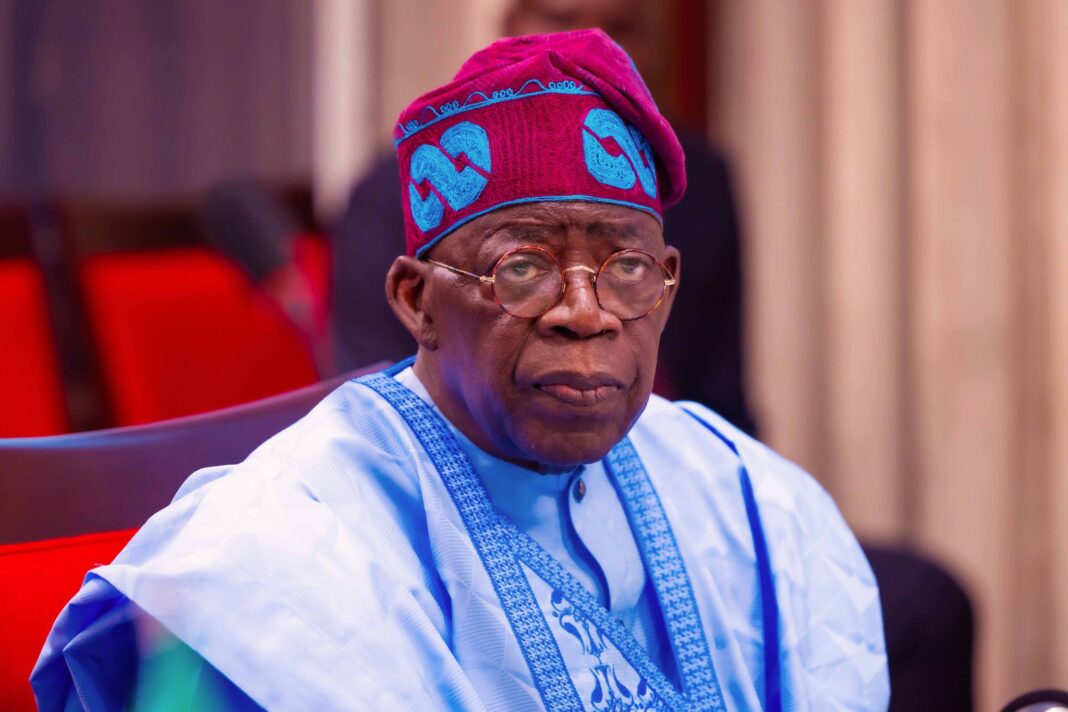Benue State, the “Food Basket of the Nation”, is one of the most ethnically diverse states in Nigeria. The Tiv are the dominant ethnic group in Benue, making up a large chunk of the population and influencing much of the state’s politics, culture, and social life.
Benue State is called the “Food Basket of the Nation,” but there’s more to it than just yams and agriculture. When most people think of Benue, the Tiv ethnic group comes to mind, and for good reason. They’re the largest tribe in the state and have a strong cultural presence across Nigeria. But did you know there are several other tribes in Benue, some with rich histories, languages, and cultural traditions of their own?
Here, we’ll be spotlighting 7 minority tribes in Benue State that many Nigerians don’t know about:
1. Idoma
The second most recognised ethnic group in Benue after the Tiv, the Idoma people are predominantly found in the southern part of the state, especially in places like Otukpo, Apa, Ogbadibo, and Ohimini. Idoma culture is rich in dance and colourful festivals. The people are known for the Aje Alekwu festival, traditional masquerades, and strong ties to ancestral heritage. Their language, Idoma, is widely spoken and has several dialectical variations.
RELATED: Idoma: A brief walk into the life of one of Africa’s humblest people
2. Igede
Smaller in number but proud and distinct, the Igede people live mostly in Oju and Obi Local Government Areas. Their language, also called Igede, is quite different from Tiv and Idoma, and their traditions reflect a mix of agrarian values and ancestral worship.
The Igede Agba festival, held annually, is their biggest cultural celebration, showcasing dance, fashion, food, and music. Many Igede youths today are active in reviving and preserving their traditions through cultural events and media.
3. Etulo
The Etulo people live along the banks of the River Benue in areas like Buruku and Katsina-Ala. Their language is related to Jukun, and they share some cultural similarities with other riverine communities.
Fishing, farming, and traditional wrestling are big parts of their way of life. Although small in population, Etulo people are proud of their roots and fiercely protective of their customs.
EXPLORE MORE: 5 things to know before visiting Benue state
4. Abakwa
The Abakwa people are one of the lesser-known groups in Benue, found mainly around Gboko and other Tiv-dominated areas.
Often overshadowed by their Tiv neighbours, the Abakwa have a culture rooted in traditional religion, ancestral respect, and agricultural life.
5. Utonkon
The Utonkon people, also known as Ufia, are a minority tribe found in parts of Ado Local Government Area. Though small in number, they have a distinct dialect and traditions.
They share some similarities with the Idoma but also maintain their own rites of passage, marriage customs, and music styles. Over time, the Utonkon have intermarried with neighbouring tribes, but they still retain their unique identity.
HOT RIGHT NOW: JUST IN: Tinubu to visit Benue amid rising public outrage
6. Jukun
Some Jukun communities exist within Benue, especially in border areas like Wukari and southern Logo. The Jukun are historically linked to the ancient Kwararafa Kingdom and share cultural ties with people in Taraba and Nasarawa.
They are known for their traditional religion, dances, and vibrant oral storytelling traditions. In some parts of Benue, you’ll hear old Jukun tales told with pride and precision.
7. Nyifon
The Nyifon people live in a small part of Buruku LGA, mostly in areas near the Benue River. Not much is widely known about them, which is exactly why they deserve a mention.
Their language is spoken by only a few thousand people, making it one of the endangered tongues in Nigeria.
RECENT: 5 things you should never say when a Nigerian Police Officer stops you
In a country where smaller tribes are often sidelined in national conversations, it’s important to remember that every culture matters, no matter how big or small. These tribes may not dominate the headlines or the population stats, but they are essential threads in the fabric of Benue State.
ALSO READ: FULL LIST: Top 5 deadliest gunmen attacks in Benue State

